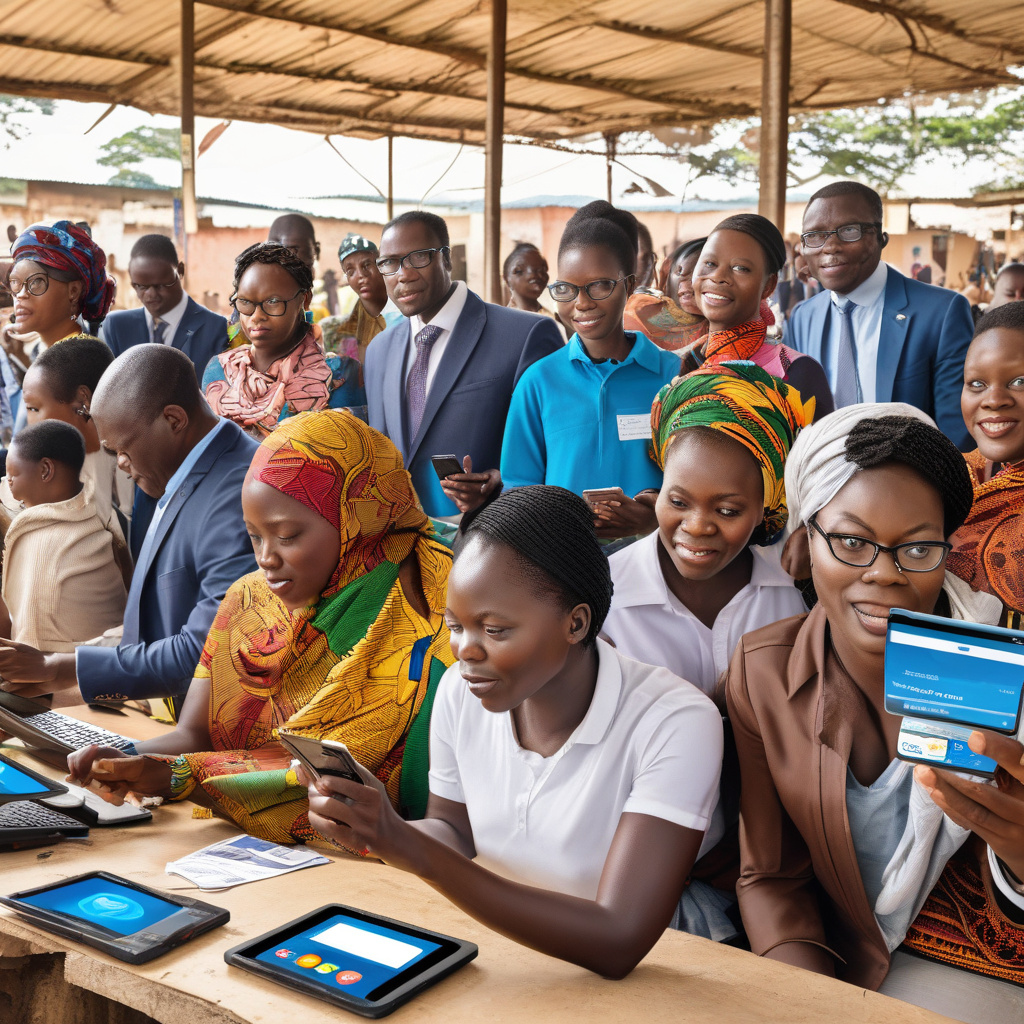Malawi and Zambia Join COMESA Digital Payment Trials
Malawi and Zambia have taken a significant step towards enhancing digital payment systems by joining the Common Market for Eastern and Southern Africa (COMESA) digital payment trials. This move holds the promise of reshaping how businesses and citizens in these countries move money across borders, ultimately bringing Africa closer to a truly connected regional economy.
The integration of digital payment systems within the COMESA region marks a milestone in the ongoing efforts to streamline financial transactions and promote economic growth. By participating in these trials, Malawi and Zambia are not only embracing technological advancements but also fostering financial inclusion and efficiency within their economies.
One of the key benefits of these digital payment trials is the facilitation of cross-border transactions. Traditionally, transferring money between countries in Africa has been a cumbersome process due to various regulatory requirements and inefficiencies in the banking systems. However, with the introduction of digital payment solutions, businesses and individuals will now be able to transfer funds seamlessly, enabling smoother trade and commerce within the region.
Moreover, the adoption of digital payment systems can help reduce the reliance on cash transactions, which are not only costly and time-consuming but also pose security risks. By promoting digital payments, Malawi and Zambia can combat issues such as fraud and theft, thereby creating a more secure financial environment for businesses and consumers alike.
Furthermore, these digital payment trials have the potential to boost financial inclusion within the two countries. By providing easier access to digital financial services, more individuals and businesses, including those in remote areas, can participate in the formal economy. This, in turn, can lead to increased savings, investment, and overall economic growth.
It is essential to note that the success of these digital payment trials will depend on various factors, including the regulatory environment, infrastructure development, and consumer adoption. Governments in Malawi and Zambia will need to work closely with financial institutions and technology providers to ensure the smooth implementation of digital payment systems and address any challenges that may arise.
Additionally, promoting awareness and educating the public about the benefits of digital payments will be crucial in driving adoption and acceptance. By highlighting the convenience, security, and efficiency of digital transactions, more individuals and businesses are likely to embrace this new way of moving money.
In conclusion, the decision of Malawi and Zambia to participate in the COMESA digital payment trials signifies a significant leap towards a more connected and efficient regional economy in Africa. By leveraging digital payment solutions, these countries have the opportunity to enhance cross-border transactions, promote financial inclusion, and foster economic growth. As the trials progress, it will be interesting to observe the impact of digital payments on the overall economic landscape of Malawi, Zambia, and the broader COMESA region.
Malawi, Zambia, COMESA, digital payments, regional economy
